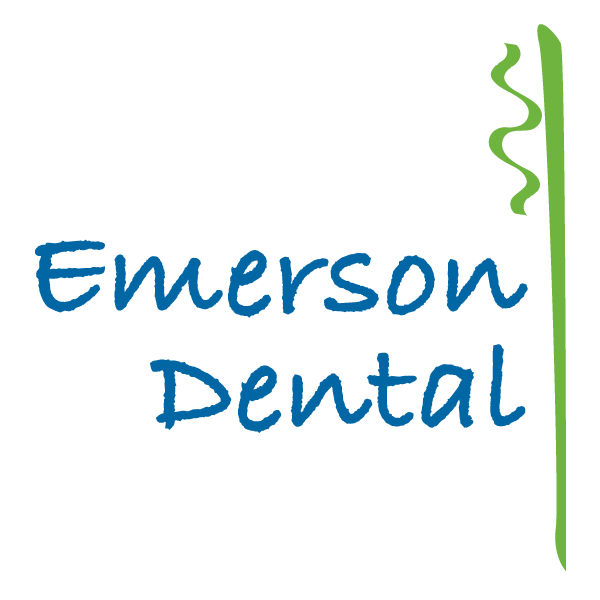Dental implants can completely transform your smile. From one tooth to a full mouth rehabilitation, dental implants restore the natural function and appearance of your teeth through high quality prosthetics.
Whether you’re just learning about dental implants or you have an upcoming appointment to prepare or receive dental implants, this guide will tell you everything you need to know about the dental implant procedure.
How Dental Implants Work
Dental implants completely replace the entire tooth and root structure of a decayed, damaged, or missing tooth. An implant consists of a titanium post that is placed in the empty socket where your natural tooth used to be. The implant has tiny grooves like the threads of a screw to help it fuse with the bone of your jaw. Once the implant has fully bonded to the bone it can support an artificial tooth, providing the same chewing strength as a natural tooth.
Types of Dental Implants Restorations
- Single tooth. A single tooth dental implant consists of the implant, abutment, and crown. It can be used to replace one tooth at a time.
- Implant supported bridge. When there are multiple teeth missing in a row, two implants can be placed to support a bridge.
- Implant supported dentures. When the majority or all of the teeth need to be replaced, 4-6 dental implants can be placed in the jaw to support a partial or full arch denture.
The Dental Implant Process
There are a few steps in the process of getting dental implants:
- Consultation. The first step is a consultation to discuss dental implants with your dentist to determine if you are interested in this tooth replacement option. This will be an open discussion where you can ask questions and get a thorough understanding of what the process entails.
- Evaluation. The next step is an evaluation. This may take place during the same appointment as the consultation. It will typically include an oral evaluation as well as some dental X-rays to determine eligibility for dental implants.
- Preparation. Some patients will need preparatory procedures such as bone grafting or tooth extraction before getting dental implants. This will need to be taken care of prior to dental implant placement.
- Implant Placement. The next step is the placement of your dental implants. You may receive one or all of your implants in a single appointment or in a few appointments.
- Attaching the Prosthetic. Once the dental implant has sufficiently fused with your jaw bone, an abutment can be added that will connect to the prosthetic. You may receive the permanent prosthetic at this time or it may be attached later.
The Implant Placement Procedure
Dental implants are surgically placed in the jaw. The procedure will typically involve the following steps:
- Administration of anesthesia. You and your dentist will discuss anesthesia options and have a plan in place before the day of your surgery. You may receive local anesthesia or a mild form of sedation if requested.
- Placement of the implant. Once the anesthesia has taken effect, the gum tissue is opened, the bone is prepared, and the dental implant is placed in the jaw.
- Closure of the site. The gum tissue is closed over the dental implant and sutured to promote healing and reduce the risk of infection.
After the procedure you will have time to recover and heal while the dental implant bonds with the bone. The process of osseointegration can take a few months, after which you can receive your permanent dental prosthetic (crown, bridge, or dentures).
Frequently Asked Questions About Dental Implants
Can you get dental implants in a single appointment?
For some patients it may be possible to get your dental implants placed and receive your permanent prosthetic on the same day. Your dentist can perform an evaluation to determine if you qualify for this option.
What will I wear in the meantime while I wait for my permanent prosthetic?
A temporary prosthetic will be provided for you to wear while you wait. It provides a natural look and function until your permanent restoration can be created and placed.
Learn More From Emerson Dental
If you’re interested in learning more about dental implants, Emerson Dental would be happy to meet with you for a consultation. Contact us today to schedule an appointment at one of our two convenient locations.

